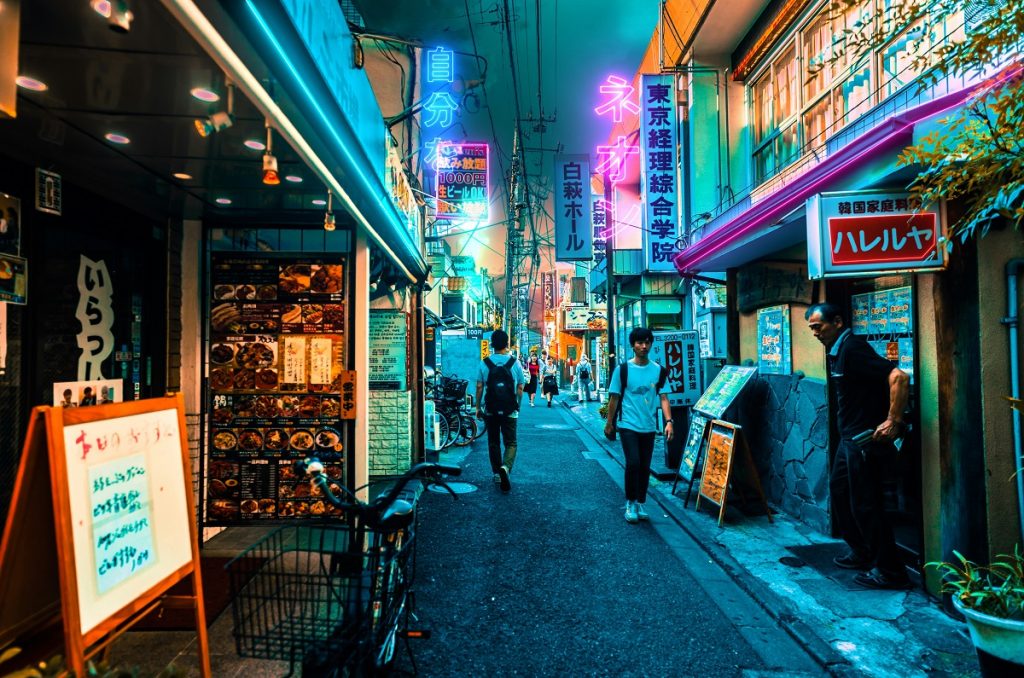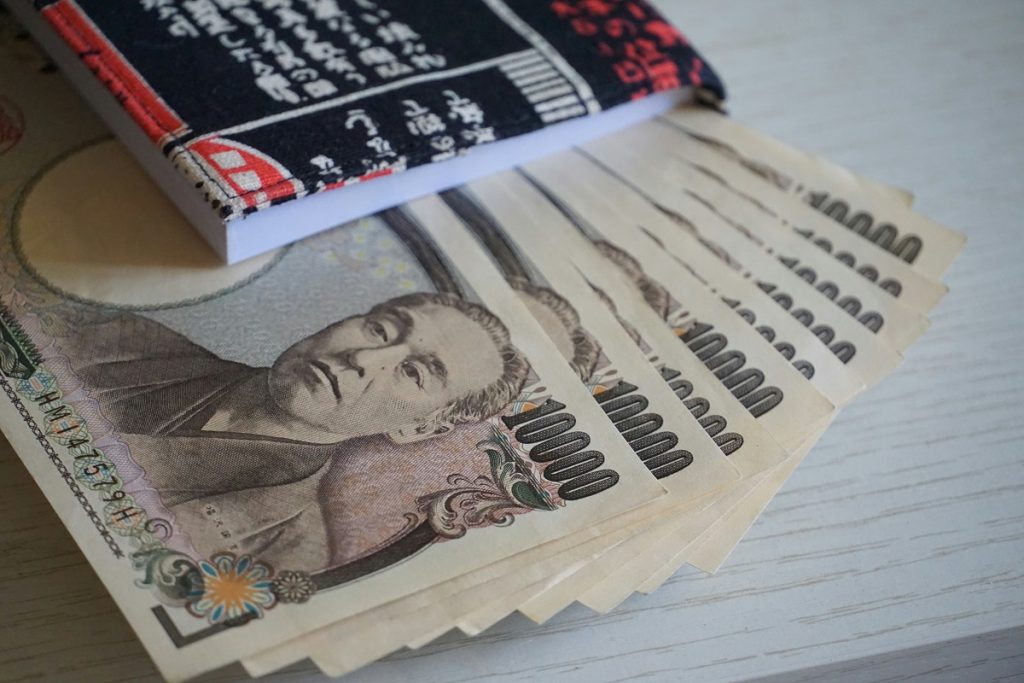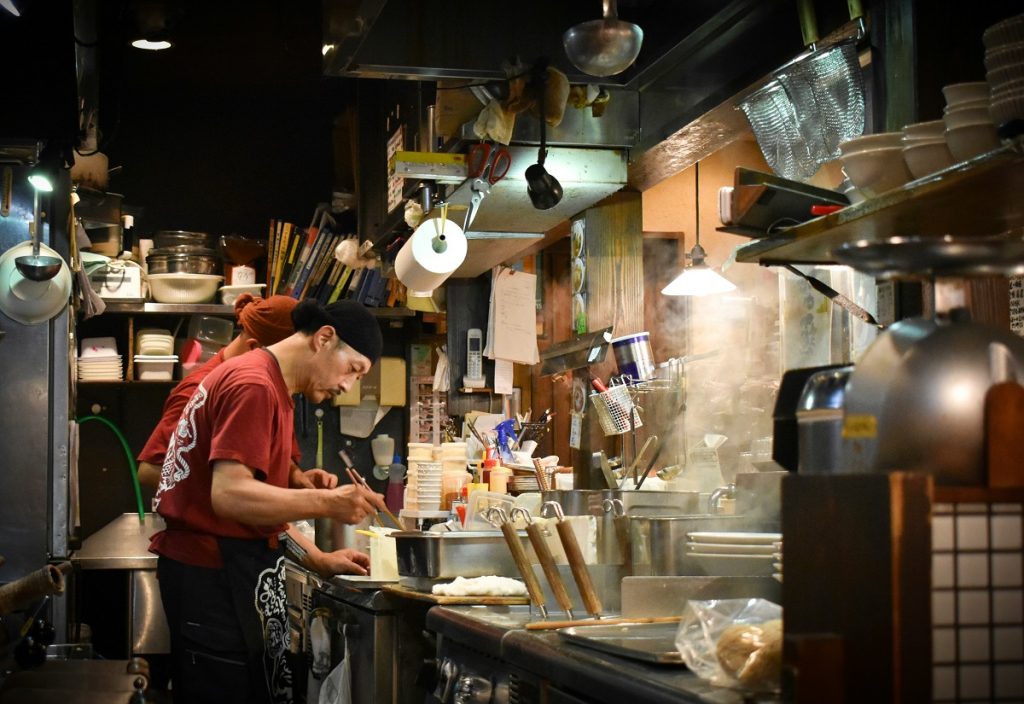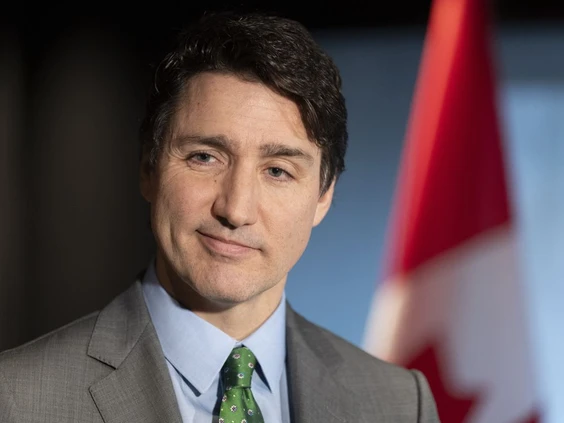
Japan is no longer the most innovative, but it’s still the fastest dying out. What happened?
At the beginning of the year, Japan lost its place in the world’s top three economies to Germany. In the last six months of 2023, the economy slipped into recession. As a result, it was overtaken by Germany despite the problems with the growth in the cost of its products due to disruptions in gas and oil supplies from Russia. According to experts, the main reason for the recession was the reduction in domestic demand and capital investment.
At the same time, there is a risk that those negative trends will persist. The plans of the country’s Central Bank to abandon ultra-soft monetary policy in 2024 are also in question. This will continue to suppress economic activity.
Japan’s economy shrank by 0.8% in the third quarter of 2023, and by another 0.1% in the fourth quarter. On an annualized basis, Japanese GDP contracted by 0.4% in Q4 2023. At the moment, the recession lasts for almost a year, which creates the risk of repeating the situation in 2010, when China overtook Japan in terms of GDP. This puts Japan in a difficult situation in which the country retains its ambitions to be one of the leaders of the global economy, even though it is not even ahead of the European Union in its entirety, but of Germany alone with a pile of economic problems. Is Japan’s crisis deeper and the days of leadership far behind it?

This thesis is very traumatic for every Japanese, as for them progress has always been a value. In the post-war years, Japan rapidly gained growth rates, which allowed it to overtake the FRG in terms of GDP in 1968 and for many years to take the place of the leader, second only to the USA. Growth slowed after the 2008 economic crisis. Over the past few years, the country’s nominal GDP has hovered around 550 trillion yen, but has not trended downward. And now the economy is in decline. Thus, the strongest decline in production since August 2020 was recorded. According to the Ministry of Economy of Japan, the country’s industrial output fell by 7.5% in 2024 compared to 2023.
The most significant factor of the decrease was the decline in effective demand of the population. The problem is partly related to the rising prices of food, fuel and other goods, as Japan imports 94% of fuel and 63% of food. This situation also significantly increases the cost of living and the gap with other developed countries in terms of citizens’ income has widened. Nominal wages have barely changed over the past 30 years, although developed countries, including Germany, have more than doubled it. Japan’s wage level is now the lowest.
Amid changes in international markets, global inflation has affected consumer prices for all goods except for domestically produced food. Since spring 2022, inflation in Japan has continued to exceed the 2% target. This is a consequence of the policy of the country’s Central Bank, which has maintained a regime of negative rates and monetary easing since 2016. The Central Bank viewed inflation as a factor that should be shaped by domestic demand and driven by wage increases from companies. This means that inflation will remain high for a long time to come.

In recent years, Japan has developed a negative trade balance as imports of goods exceed exports. The country has started buying more due to geopolitical tensions, rising logistics costs, and rising freight costs. The costs are built into the cost of goods, making them less competitive. The changes in the economy raise questions about the potential decline in the global influence of Japan, which is feuding with China and Russia as its neighbors rely on a weak United States.
But the main problem, as always, is within the country. Japan has one of the lowest birth rates in the world, which is a disease of all developed countries that rely on liberalism. A shrinking and aging population has been contributing to Japan’s declining competitiveness in the global market for many years.
The birth rate has declined for the eighth consecutive year. In 2023, 5.1% fewer children will be born than in 2022. Many industries are already facing a severe shortage of staff. According to the research of Morgan McKinley agency, the main difficulty 25% of HR-managers named the lack of qualified specialists who are simply not available on the labor market. And yet Japan does not want to open up to migrants. This is due to the traditions and culture of society, as Japan is originally a mono-national country, in which the share of representatives of the titular nation is 98%. It requires a certain social habit of building relationships with people from other cultures, and the Japanese do not know how to do this. In addition, low-skilled labor has to be integrated into society, which entails costs for the Japanese economy.

Yet Japan is still reluctant to change anything dramatically and is moving in the liberal paradigm. Recently, the leaders of the United States and Japan met and expressed support for each other. However, Tokyo is becoming increasingly fearful about its future. During his speech, Prime Minister Fumio Kishida outlined the main threat: the emergence of countries that seek to challenge the current world order. Here we are talking primarily about China and Russia.
Kishida is also worried about Donald Trump’s possible return to the White House. In that case, U.S.-Japan ties would likely look different. There were already alarming signals during Trump’s first presidential term. Back then, he called on Japan and South Korea, to shoulder the extra costs of U.S. troop deployments, and otherwise Kishida threatened to withdraw. That was enough for the prospect of Trump’s return to sow unease among allies in the region.

The Japanese have tried to flirt with him in hopes of understanding what we can expect from him in the future. The country’s Foreign Ministry has even enlisted all diplomats in the United States to analyze Trump’s campaign speeches. A rewriting of the 1960 security treaty cannot be ruled out, as Trump has made no secret of the fact that he considers it unilateral. In case of an attack on Japan, the treaty obliges the U.S. to intervene, but Japan itself has no reciprocal obligations.
Against this backdrop, it is hard to take seriously Biden’s assurances that the U.S. commitment to Japan’s defense is “unwavering.” Coupled with a dying population, labor shortages, high inflation, and declining production, Japan may find itself politically isolated and under attack by enemies who could stage a “Meiji Revolution” in reverse. However, even without this, Japan is no longer the most innovative country in the world, because any country that has been taken over by the “virus of liberalism” is on the road to degradation.

